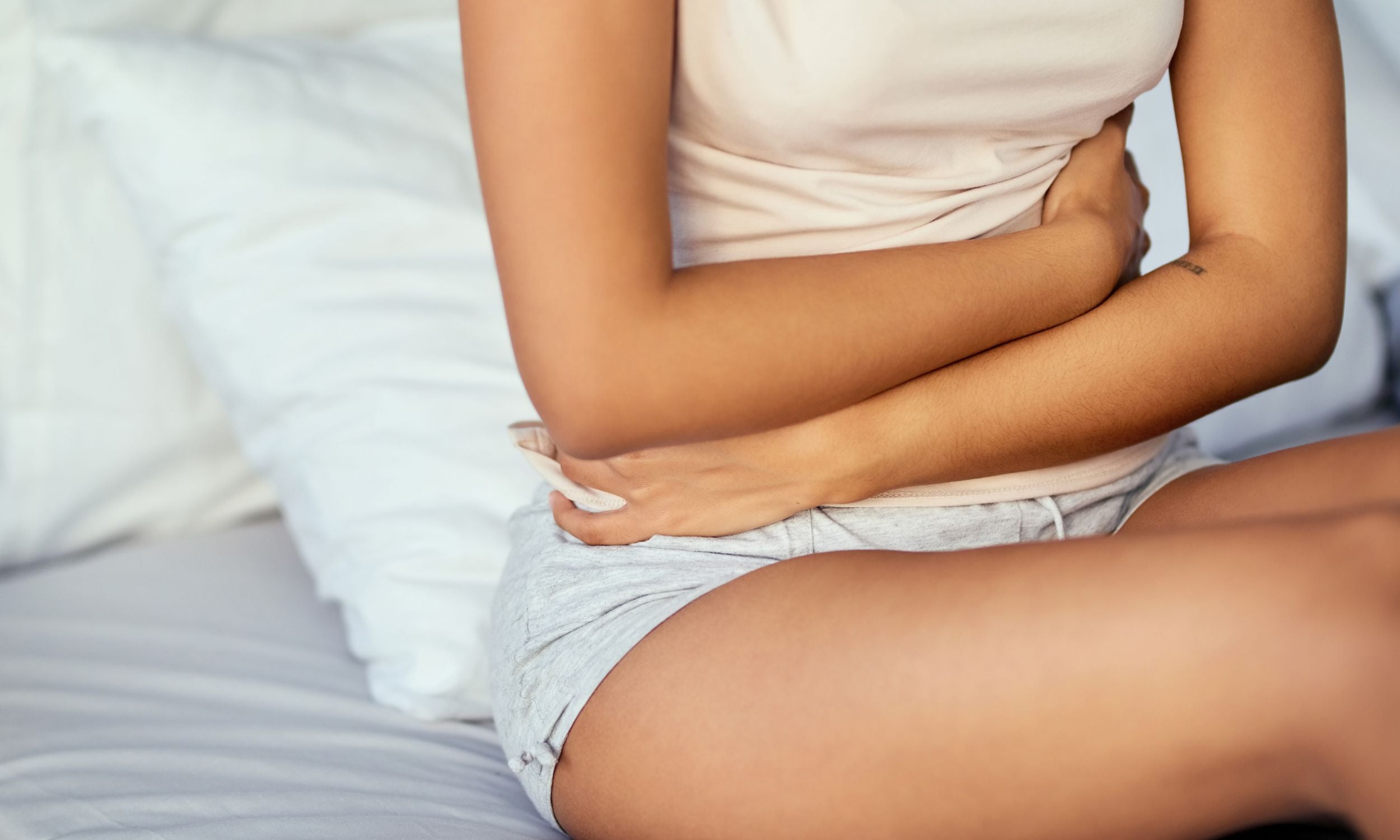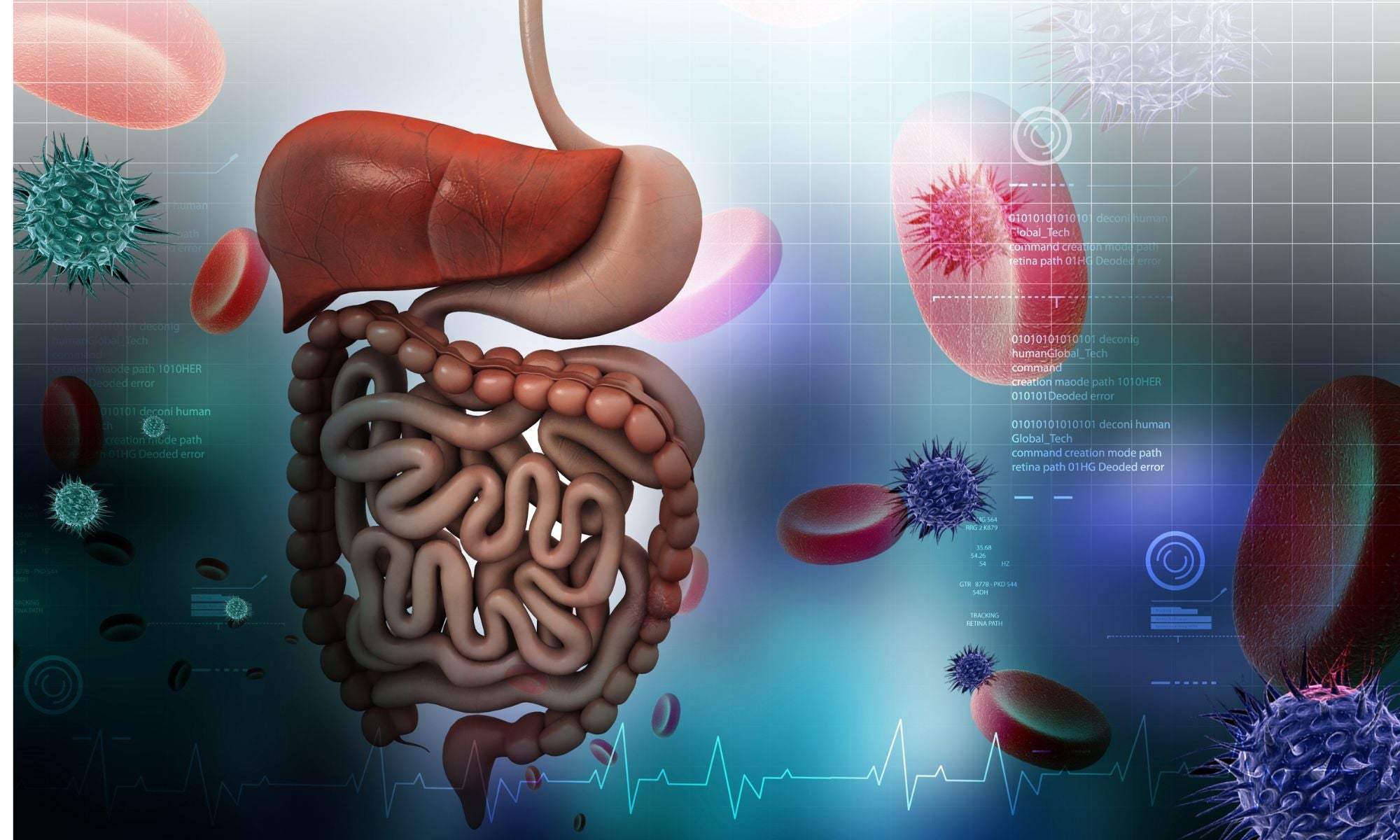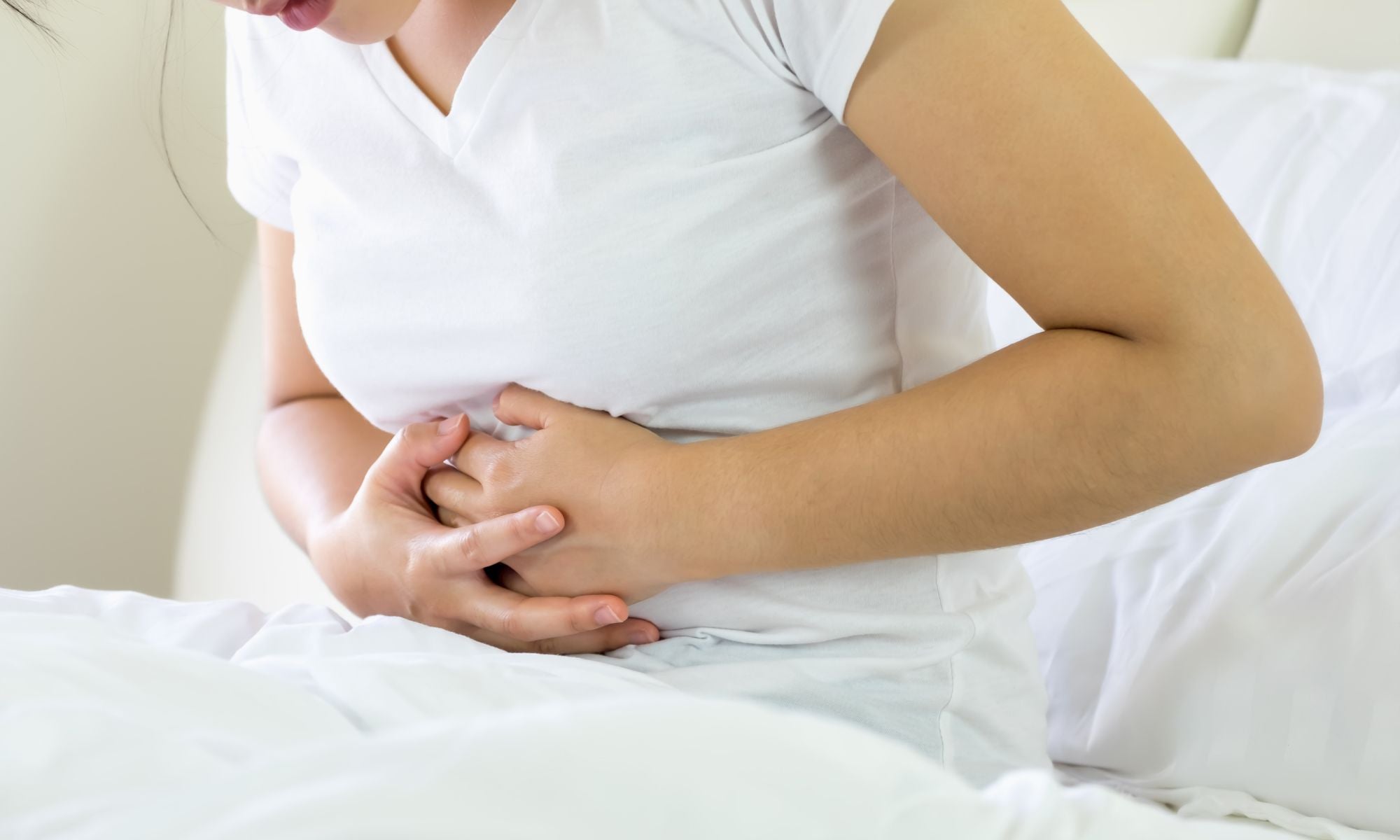
Frequently Asked Questions about Coffee Enema
Introduction
A coffee enema is a natural detoxification method that has been used by many people for its health benefits. A coffee enema is done in a similar way to an enema, but instead of water, you use pure organic coffee as the liquid. Coffee enemas are thought to help with detoxification and healing processes in the body as well as improve digestion and absorption of nutrients from food. Many people also claim that it helps relieve symptoms like bloating, constipation, and other digestive issues.
What is a Coffee Enema?
A coffee enema is an alternative medical treatment that involves placing a small amount of filtered water mixed with coffee into the colon via the rectum. The process is said to cleanse the liver, promote detoxification and enhance overall health.
Whether you're trying to relieve constipation or clear up skin problems like acne or eczema (a chronic skin condition), there are potential benefits when using a coffee enema at home versus going straight to your doctor's office for one—no matter what he/she may think about its effectiveness!

coffee enema
Benefits of Coffee Enema
Coffee enemas are a controversial topic. If you're reading this, likely, you are already aware of some of the benefits and risks associated with coffee enemas.
- Caffeine is a diuretic, so coffee enema can help to reduce water retention in your body. This is especially important if you are trying to lose weight or want to maintain a healthy weight. The caffeine in coffee also stimulates bile production, which helps break down fat into smaller particles so they can be processed by your body better.
- Another benefit of using a coffee enema is that it can help with liver detoxification by increasing bile flow and decreasing toxic load on the liver.
- A study on rats found that when they were given doses of caffeine orally every day for 30 days, there was an increase in their ability to absorb iron from their food (2). This shows how useful this practice can be for people who have iron deficiency problems like celiac disease or those who don't consume enough iron-rich foods such as leafy greens or meats regularly because these often contain anti-nutrients which block absorption of nutrients like vitamins D3 & B12—both vital for maintaining good health!
What You Need to Administer a Coffee Enema
A coffee enema kit consists of the following items:
- Enema bucket: The enema bucket is a simple container that holds approximately 2 gallons of liquid. There are many inexpensive options available, but you must select a container with good-quality silicone tubing to prevent leaks and damage to your skin.
- Enema tubing: The enema tubing allows you to connect your bag or bucket of coffee beans or ground coffee to the enema tip and then insert it into your rectum comfortably. Good quality silicone tubing should be used as this material doesn't break down over time as plastic does. It's also important that you keep the length between where you place your bag and where it ends up with how far away from yourself (e.g., under the sink) so that gravity can work properly when delivering water through them later on!
- Enema tip: This part connects onto both ends of your tube, allowing fluid to flow from one side into another without getting clogged up due to impurities getting stuck inside instead!
How to Make a Coffee Enema Solution
Making a coffee enema solution is easy, but it's important to follow the instructions carefully.
First, start with a clean bowel. If you've ever had an enema before, you may have already done this step. If not, try taking a warm bath or shower. Then use an enema kit or bucket to wash out your colon. This is especially important if you're planning to make an enema solution with coffee grounds since coffee is known to irritate the colon and cause diarrhea.
Next, create your coffee enema solution by adding two tablespoons of organic, finely ground coffee to one liter of warm water. Stir the mixture until the grounds have dissolved into the water (do not boil). To make sure that your solution has no sediment or impurities in it, let it sit for 20 minutes before using it in an enema bag or bucket.
Finally, fill up your enema bag or bucket with warm water (around body temperature) and insert the tubing into it so that there are about two inches of tubing between its end and where your rectum is inserted into it—this will make it easier for you to control how much fluid goes where! Hang
How Often to Perform a Coffee Enema?
The general recommendation is to do coffee enemas 2-3 times per week. If you are new to coffee enemas, start with once a week and work your way up. If you are experienced with coffee enemas, you can do it more often. It depends on the person's health and personal preference.
How Do I Know if the Coffee Enema has Worked for Me?
It's not always easy to know if a coffee enema has worked for you. It can take some time, and sometimes it's not easy to tell right away.
But generally, if you feel energized, more alert, and less tired than usual; if you have fewer digestive issues, like bloating or constipation; if you have more regular bowel movements; and if your skin is clearer and radiant or even glowing—those are all signs that the coffee enema may be working for you. You may also notice that your mood has improved, as well.
If none of those things happen after a few days of doing coffee enemas regularly, it could be for one of two reasons: either the coffee isn't strong enough or you're using too much water. If this happens to you, try again with stronger coffee grounds or less water per cup (a pinch or two of grounds per cup) until it works better for your body type and needs!
What is the best enema kit to use?
An enema kit should be easy to use and clean. It should also be safe and affordable. Most importantly, an enema kit should be made of high-quality materials that are non-toxic and safe for your body.
The Medisential Premium Enema Kit is the best choice for you because it has all these qualities:
- Easy to use: The Medisential Premium Enema Kit is easy to assemble with no complicated set setup or installation needed. All you have to do is fill the bucket with warm water, attach the hose and nozzle, then pour out or retain as much liquid from your bowel as possible before inserting the Nozzle into your rectum slowly until it reaches about two inches past your sphincter muscle (the muscles surrounding your anus). Then insert a lubricated tube into one end of the Nozzle until it reaches approximately five inches inside; this allows fluid from within your intestines to flow through without causing discomfort when injecting air into them during expelling waste matter.
- Safe: Made only from non-toxic materials like silicone tubing which won't damage delicate intestinal walls.
- Affordable price compared with similar products in today's market.
- High-quality material that makes no chemical reactions while passing through the digestive system; bendable yet tough enough not to break off during the insertion/removal process.
- Designed specifically for comfort & ease of use process.
You can get yours here.
Conclusion
We hope that these answers to all of your coffee enema questions have been helpful. Remember, though, that this is a relatively new procedure in the world of medicine, and we're still learning about how it works. As with any medical treatment or supplement, you should always consult with a physician before beginning any new regimen.












